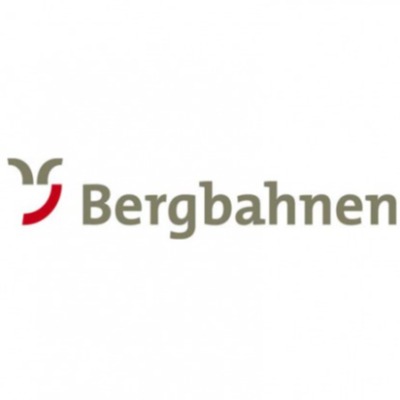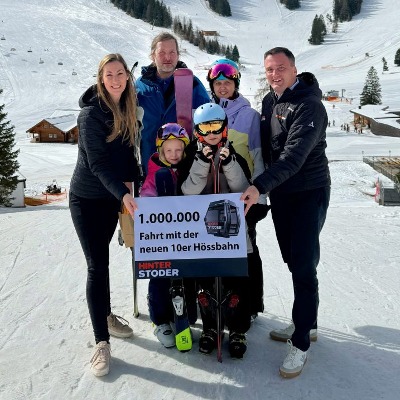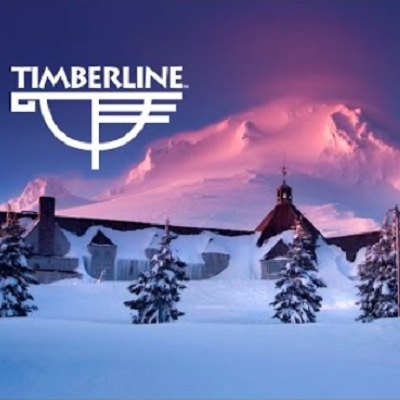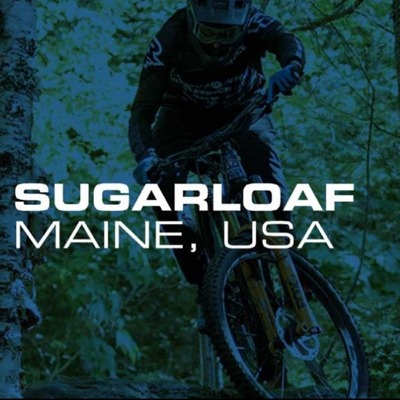Covid Places German Schools Under Pressure - Open Letter To Politicians
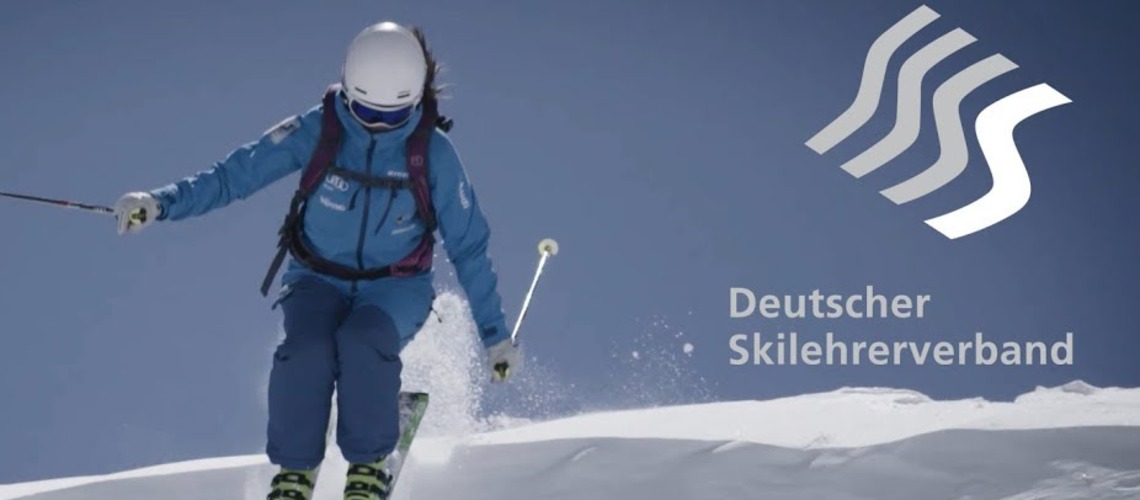
The German Ski Instructors Association (DSLV) and its 225 affiliated ski and snowboard schools are demanding appropriate financial support and the possibility of a reduced range of courses. In an open letter they say:
Dear Sir or Madam,
The German Ski Instructor Association (DSLV) and its 225 affiliated ski and snowboard schools fully support the efforts of the federal and state governments to contain the Covid-19 pandemic. The solidarity of society with one another is decisive for the success of these efforts. The search for "loopholes" in the regulations for individual industries is not the right approach from the perspective of the DSLV. The infection process must be controllable again due to the significant decrease in the numbers. It is all the more important that the commercial ski and snowboard schools now receive short-term help from political decision-makers, whose particular economic situation is recognized and a planning perspective is created.
Social relevance of snow sports schools for locals and guests in rural areas
The commercial snow sports schools in Germany look after almost 500,000 guests per season. With an average booked course duration of approx. 3 days, there are approx. 1.5 million course days from December to March. 65% of the course participants are under 14 years of age and every year almost 15,000 children between the ages of 3 and 6 learn to ski in the snow sports schools. This achievement in particular is to be emphasized, because with it these ski and snowboard schools in the individual regions of Germany secure the next generation for the so important popular sport - with approx. 11 million winter sportsmen - in Germany. The cooperation between the ski schools and the local kindergartens, which has grown over the past decades, is the basis for the first contact with winter sports and for the first exercise or exercise, especially for the "youngest". Behavioral experiences in winter nature. The range of winter tourism services particularly strengthens the rural regions and thus the added value there. Without these offers, there would be hardly any winter leisure activities there in winter and even more people would have to make longer trips from the metropolitan areas in order to be able to practice winter sports. Not only the added value for the region is an important factor, it is also the people who live in these regions and generate their income in the local ski schools and the associated services. Without these offers, there would be hardly any winter leisure activities there in winter and even more people would have to make longer trips from the metropolitan areas in order to be able to practice winter sports. Not only the added value for the region is an important factor, it is also the people who live in these regions and generate their income in the local ski schools and the associated services. Without these offers, there would be hardly any winter leisure activities there in winter and even more people would have to make longer trips from the metropolitan areas in order to be able to practice winter sports. Not only the added value for the region is an important factor, it is also the people who live in these regions and generate their income in the local ski schools and the associated services.
Status quo business basis for commercial ski and snowboard schools in Germany
Due to the abrupt end of last winter in mid-March 2020, all commercial ski and snowboard schools and the DSLV, as their umbrella organization, have a predictable winter season 2020/21 - taking into account the hygiene and protection concepts that were worked out in detail in the summer (see www.stiftung.ski / covid19 / overview /) assumed. The current extension of the restrictions until the end of January 2021 and the decision by politicians to either completely cancel or postpone the carnival holidays mean that the ski and snowboard schools are in fact prohibited from doing business. The commercial ski and snowboard schools generate the sales in the four winter months with which they pay their year-round fixed costs (rent, lease, loan), feed their families and invest in the development of their companies. If the entire 2020/21 winter season is canceled, exactly this income will be missing. Of course, the companies are grateful to the federal government for the November and December aid as well as for the bridging aid III. This alleviates the economic pressure currently, but not over the entire year. After the end of the 2020/21 winter season with no sales, the next perspective is "Sales only again from December 2021". This special situation in our industry must be viewed differently from politics. Otherwise, many ski and snowboard schools that are so important for a variety of offers will no longer exist next winter. In contrast to club ski schools, i.e. ski schools that are affiliated to a non-profit association, commercial snow sports schools cannot provide state support,
Demands of the German Ski Instructors Association for its 225 affiliated ski and snowboard schools
In these special times of the pandemic, both commercial ski and snowboard schools must be promised financial support that makes economic survival possible, and the legal framework must be created for the implementation of courses.
Financial support for the commercial ski and snowboard schools from the respective federal state or the relevant districts:
The support with the monthly fixed costs with the bridging aid III is only "a drop in the ocean" for ski schools. As seasonal operations, the companies generate around 95% of their annual turnover between December and March. All fixed costs and the purchase of goods for the entire financial year must be financed with this income. The subsidies on the basis of fixed costs help in the winter months, but are nowhere near enough to get through the summer months. Many ski schools have a high amount of liabilities (rent / lease for buildings, supplier invoices for equipment in ski rental, etc.) that have to be paid in the winter months. They cannot meet these payment obligations without sales or government aid.
We therefore demand:
- A financial support on the basis of a compensation for the sales not achieved in winter 2020/21, which are calculated from the previous year's sales in the period from December to March. This is a much more realistic reference value for the lost sales in the current winter due to the officially ordered closings than the support for fixed costs within the scope of bridging aid III.
- The winter sports equipment for ski rental and sales is seasonal goods with limited value stability. It is currently almost impossible to sell, is not needed in summer and can only be sold at high discounts next winter. It must therefore be possible to compensate for the loss in value accordingly.
Opening perspectives with a 7-day incidence value of less than 50 in the respective district:
Most of all, the ski and snowboard schools would like the ski areas in Germany to open from the beginning of February 2021 and the associated opportunity to be able to offer their courses until Easter, even if this does not even begin to make up for the already recorded sales losses. The hygiene and protection concepts developed by all snow sports schools form the basis for this. Even without a large-scale opening of all ski areas, special course formats with small groups or individuals in the areas of cross-country skiing or ski touring and, to a limited extent, also for alpine skiing using individual lifts would still be possible:
- Enable the operation of smaller lifts (drag lifts) in cooperation with the local snow sports school, so that courses can also be offered without public use of the slopes.
- Course offers with a reduced number of participants (including ski rental).
- Special course offers for families, small groups and / or private lessons with a guest in all disciplines.
- Opening of the children's ski arenas in the ski areas for beginners' courses for our children.
As the umbrella organization for commercial ski and snowboard schools, we continue to take responsibility for winter sports in Germany. We see our demands primarily as an appeal for appropriate economic support for the companies concerned, for maintaining the variety of offers, especially in rural areas, and for an entrepreneurial perspective for commercial snow sports schools. In addition, the neighboring countries have shown in the last three weeks - with a few negative examples - that opening up the ski areas can be possible at least for the local population even without gastronomy or après-ski on the mountain. Winter sports are outdoor sports and health sports in equal measure. And certainly a sport for many of you,











